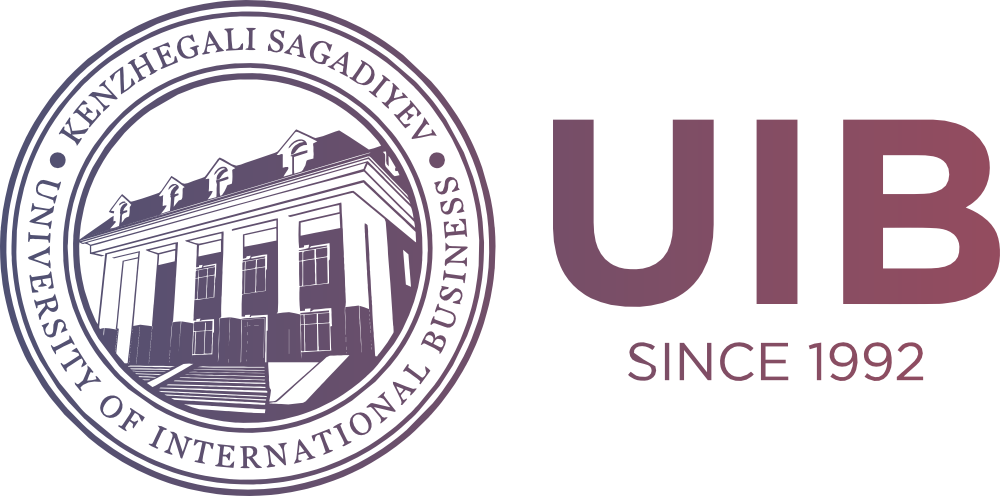Modernization of the Motivation Systems in Higher Education: Challenges and Digital Solutions
DOI:
https://doi.org/10.47703/ejebs.v68i3.431Keywords:
Education, Higher Education, Educational Institutions, Modernization, Motivational Mechanisms, Digital transformation, Economic Incentives, Teaching QualityAbstract
The motivation of academic staff in higher education institutions has become a critical issue, particularly in the context of rapid digital transformation. Faculty motivation is a crucial factor influencing the quality of education, research productivity, and the performance of universities. This study aimed to identify the main factors influencing motivation and to develop recommendations for educational institutions to enhance staff motivation. The research utilized bibliometric analysis through the VOSviewer program to explore relationships between core motivational factors. Initial data were collected via the ePORTAL system, which aggregates comprehensive information about faculty activities, including publications, participation in scientific projects, and teaching performance. The findings suggest that the current motivational systems in Kazakhstan's higher education institutions require significant modernization. Key challenges include insufficient financial support, excessive bureaucratic procedures, and limited career development opportunities. Moreover, adopting digital tools like ePORTAL can enhance the transparency and objectivity of assessing teaching staff performance, providing more substantial incentives for professional growth. The study offers recommendations for university management of educational institutions to increase academic staff motivation that can be adapted to each educational institution's unique profile and priorities. Future research should investigate the long-term effects of digitalization on teaching quality and explore how motivation strategies can be fine-tuned to address regional and institutional disparities. Such efforts will ensure faculty development aligns with national and international educational standards, ultimately enhancing the competitiveness and effectiveness of universities in a global context.
Downloads
How to Cite
Downloads
Published
Issue
Section
License

This work is licensed under a Creative Commons Attribution 4.0 International License.
Authors retain copyright and grant the journal right of first publication with the work simultaneously licensed under a Creative Commons Attribution (CC-BY) 4.0 License that allows others to share the work with an acknowledgment of the work’s authorship and initial publication in this journal.



